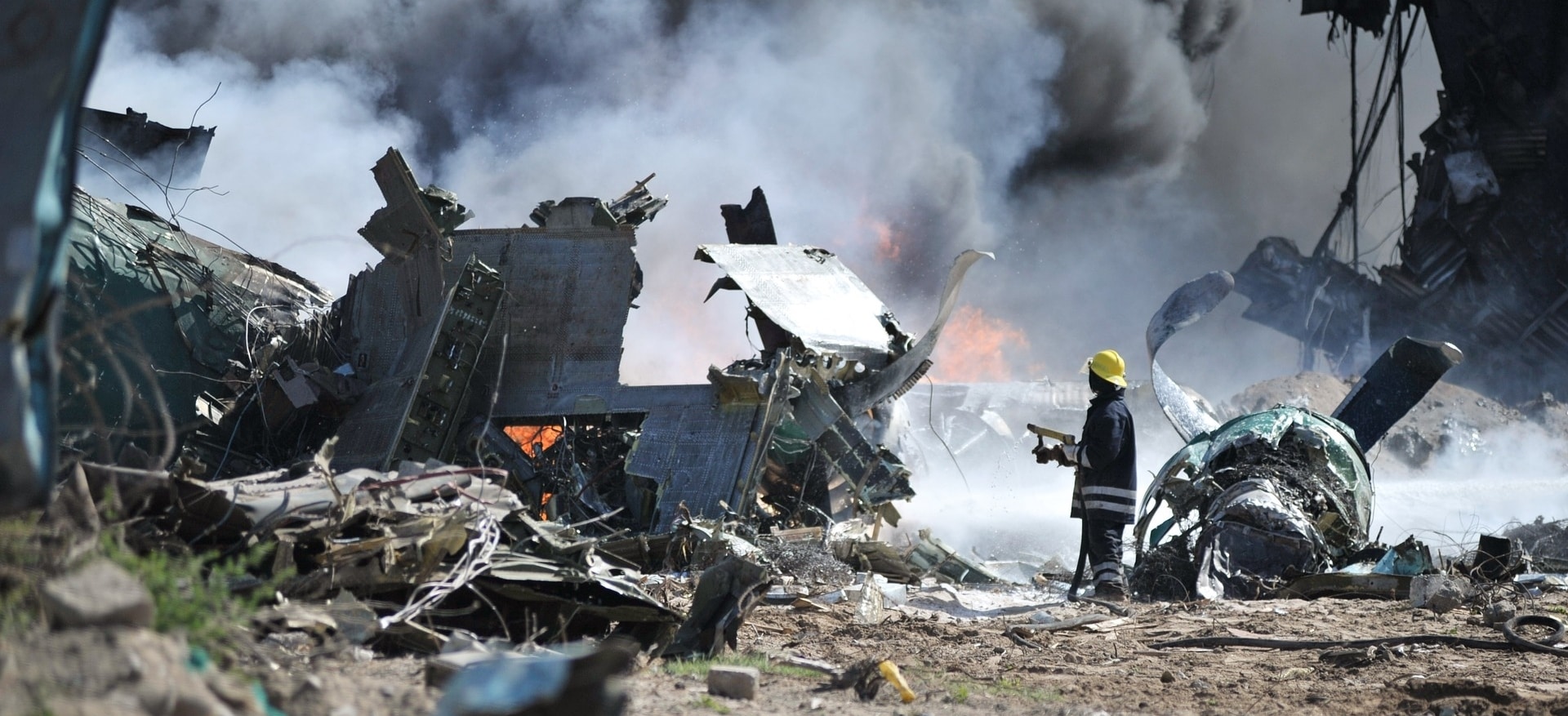A fire has destroyed your manufacturing facility that produces 80% of your products. Your staff has nowhere to work, your suppliers have nowhere to ship goods, and your customers start looking for new suppliers. Now what?
Why is crisis communications planning so important?
Business continuity planning is one thing. It will help you identify possible disruptions, where to find alternate suppliers, where to set up temporary operations, etc.
It is very important to know how to keep your business running, but it is equally important to communicate to all stakeholders.
Rudy Giuliani is widely seen as the role model for how to communicate in a crisis for keeping the City of New York and the World informed after 9/11.
The worst case scenario is that your customers, suppliers, creditors, vendors and staff don’t know what is happening. When people don’t know, they panic, they speculate, and they can bring you down. If Tylenol didn’t do an immediate recall and launch an effective communications plan in 1982 after the tampering of pain relief capsules that killed seven people in Chicago, the brand would have been destroyed and the parent company Johnson and Johnson would have suffered severely.
What questions should you answer when creating an emergency communications plan?
Who are your key contacts inside and outside the organization?
Who speaks to your stakeholders?
What are you going to say?
Don’t put your Communications in a binder and let it collect dust on a shelf. Vinyl trophies are useless! Keep all emergency plans current and practice them regularly.
For more information or advice, ClearRisk would be happy to help! Our risk experts can help you prepare for or respond to a crisis.
If you found this article helpful, you may be interested in:
.png?width=1050&height=450&name=email%20signature%20(4).png)






Your comments are welcome.